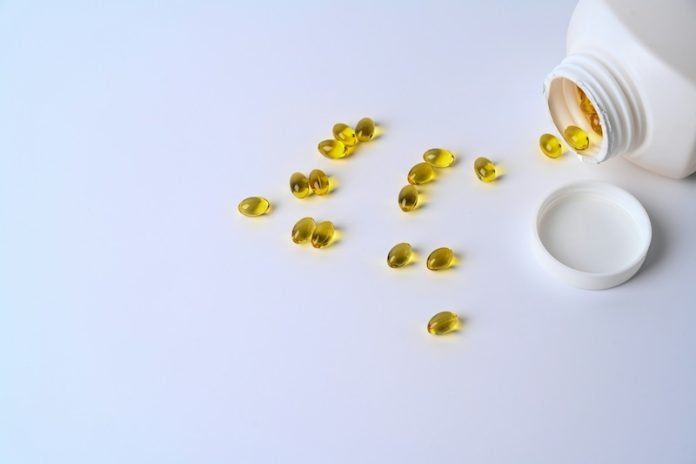
As we grow older, taking good care of our bodies becomes increasingly important to keep us healthy and active.
Vitamin D, often called the “sunshine vitamin,” is particularly crucial for seniors. It strengthens bones, boosts the immune system, and even improves mood among other benefits.
Vitamin D is unique because our bodies can make it when our skin is exposed to sunlight. It’s also found in certain foods like fatty fish, eggs, and fortified dairy products.
However, with age, our ability to produce and absorb vitamin D decreases, putting older adults at a greater risk of deficiency. This deficiency can lead to several health issues, highlighting the importance of vitamin D for older adults.
Here’s why vitamin D is so important for seniors:
Stronger Bones: Vitamin D is essential for bone health because it helps our bodies absorb calcium, the main building block of bones. Low levels of vitamin D can lead to brittle bones, increasing the risk of fractures, which are particularly concerning for older adults.
Reduced Risk of Falls: Falls are a significant risk for seniors, potentially leading to severe injuries. Vitamin D can help reduce this risk by improving muscle strength and balance.
Boosted Immune System: As we age, our immune system doesn’t work as well. Vitamin D supports the immune system, helping to fend off infections and diseases that older adults are more susceptible to.
Lower Risk of Chronic Diseases: Adequate vitamin D levels can help reduce the risk of several chronic diseases, including heart disease, diabetes, and certain cancers. It’s a simple preventative measure that can have a big impact on health.
Improved Mood: Mental health is just as important as physical health, and vitamin D has a role in improving mood and reducing the risk of depression in older adults.
Getting enough vitamin D can be a challenge, especially for seniors who may not spend much time outdoors or have limited access to vitamin D-rich foods.
While sunlight is a natural source, relying on it alone might not be enough due to the reduced efficiency of skin in producing vitamin D with age.
To ensure adequate intake, incorporating foods high in vitamin D into your diet and considering supplements can be beneficial. Fatty fish, egg yolks, and fortified foods are great dietary sources.
However, because it can be hard to get enough vitamin D from food alone, supplements are often recommended for older adults.
It’s important to consult with a healthcare provider to determine the right approach to supplementing vitamin D, as needs can vary based on individual health and lifestyle factors.
They can advise on the appropriate dosage to ensure you’re getting the benefits without exceeding safe levels.
In summary, vitamin D plays a pivotal role in maintaining the health and well-being of older adults. From supporting bone health to reducing the risk of chronic diseases and improving mood, the benefits of ensuring adequate vitamin D intake are clear.
With mindful dietary choices and possibly the use of supplements, seniors can help safeguard their health against the challenges of aging.
If you care about nutrition, please read studies about how Mediterranean diet could protect your brain health, and the best time to take vitamins to prevent heart disease.
For more information about health, please see recent studies about plant nutrients that could help reduce high blood pressure, and these antioxidants could help reduce dementia risk.
Copyright © 2024 Knowridge Science Report. All rights reserved.



